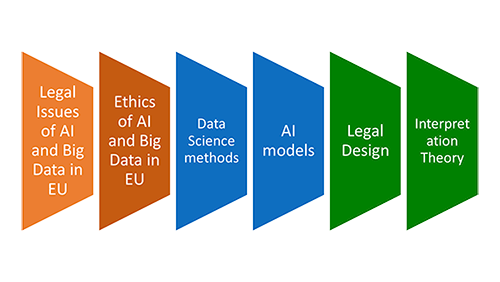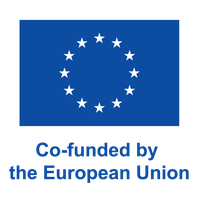
Create more consciousness of the risks and benefits of the use of AI and Big data in the legal domain is particular important for creating trustworthy society in the emerging technology and in meantime to have professional legal operators that are able to not dismiss the potential negative side effects, acting, in case, with correct and balanced counter measurements. This is in line with the EU’s digital strategy aims, which aims to promote the digital transformation of work for people and businesses.

The three different initiatives (course, laboratory, summer school) contribute to understand the AI and Big data implications on the fundamental rights and how it is possible using the data science to discover possible violation of the human rights. Additionally, the initiatives make possible to use Legal design visualization to better communicate the risks of AI applications to the citizens, lawyers, civil servants when machines act in autonomous way (art. 22 GDPR) and also when the human oversight (human-in-command) implies a deep understanding of the algorithm effects on the life of the people.
In this way we cope with the relevance of the project and in general of the objectives of the call in particular for promoting EU legal studies in the area of technologies:
